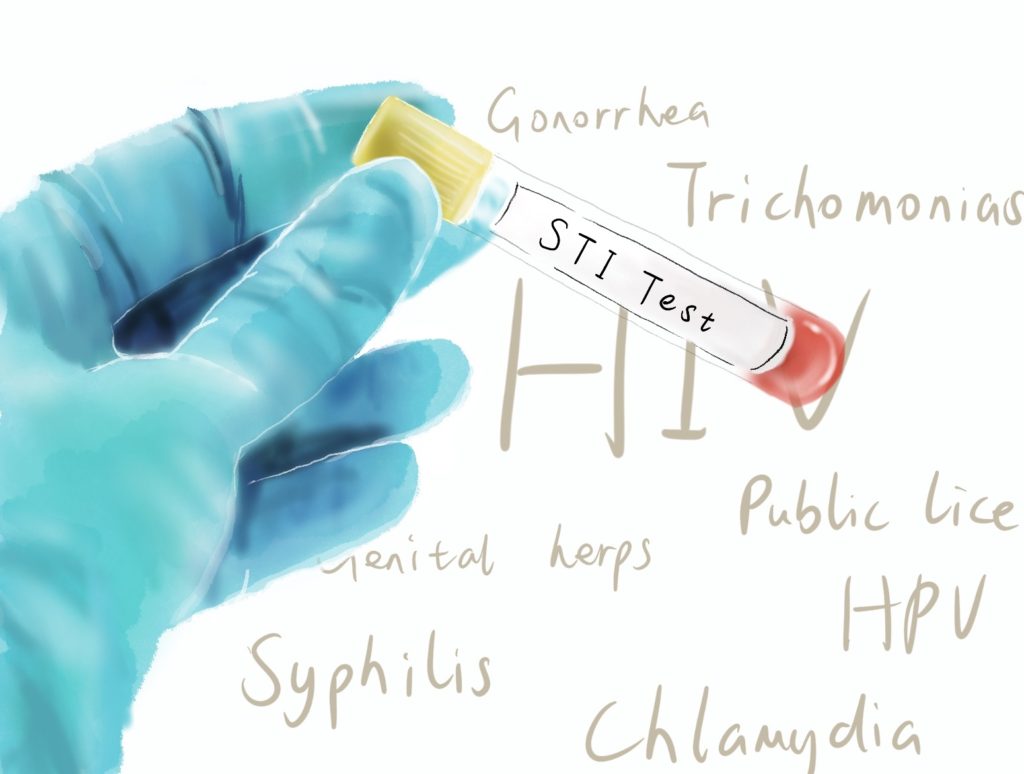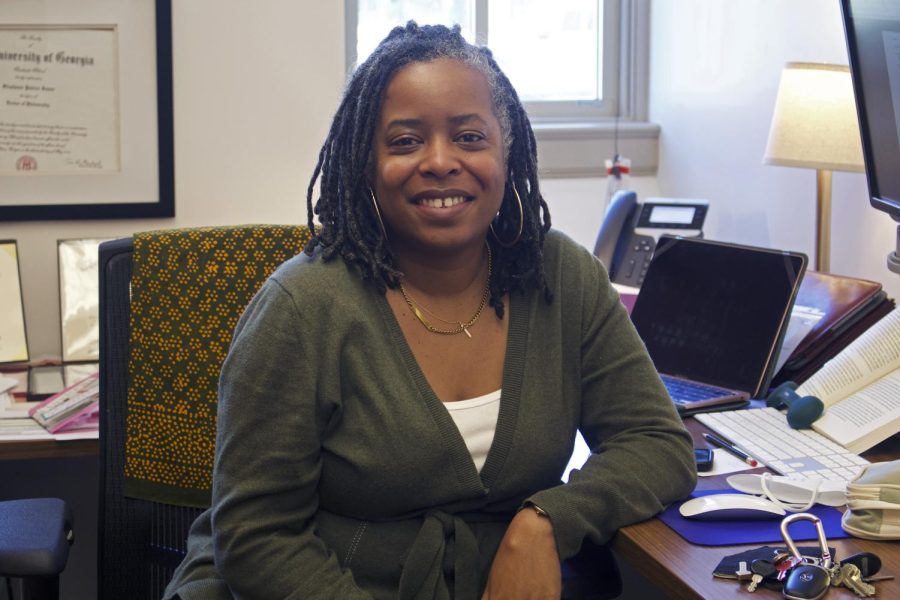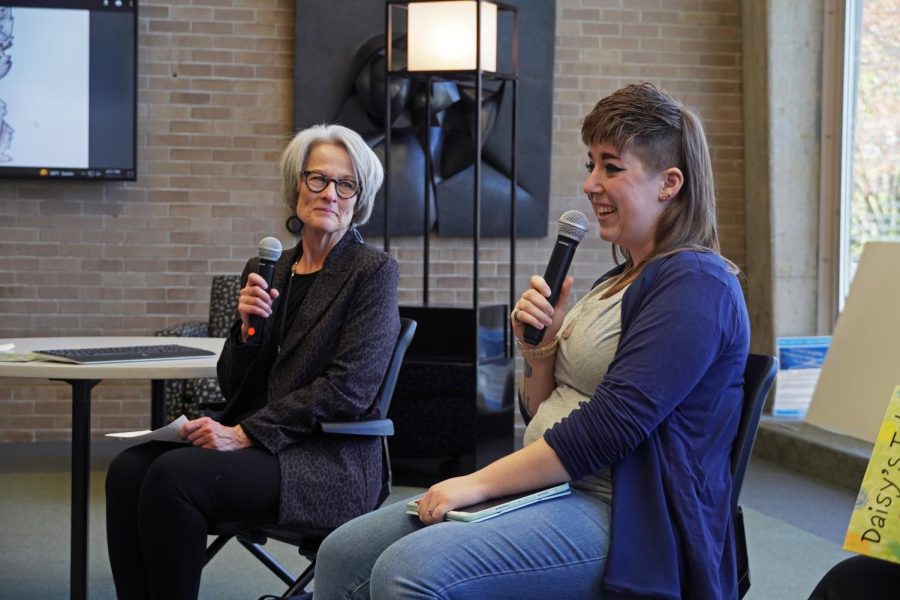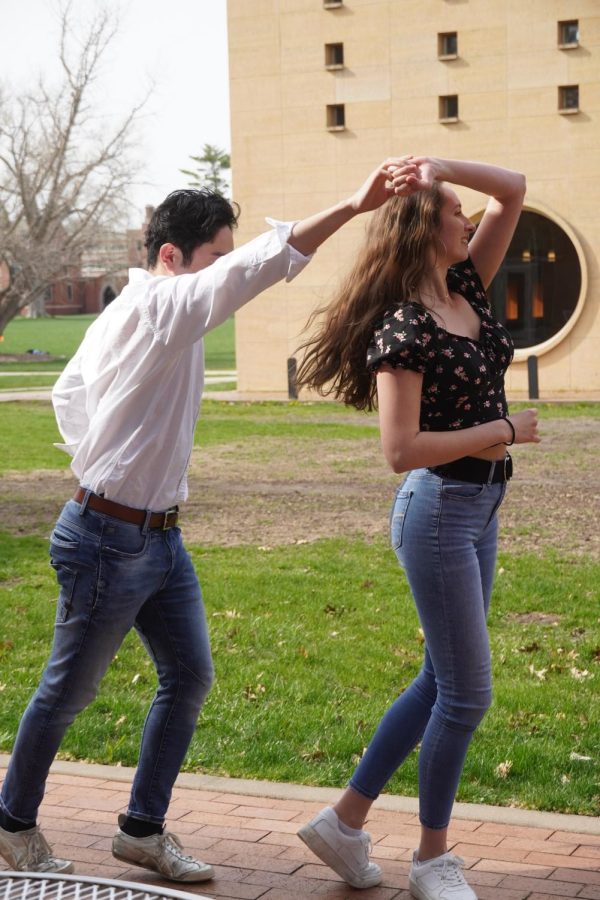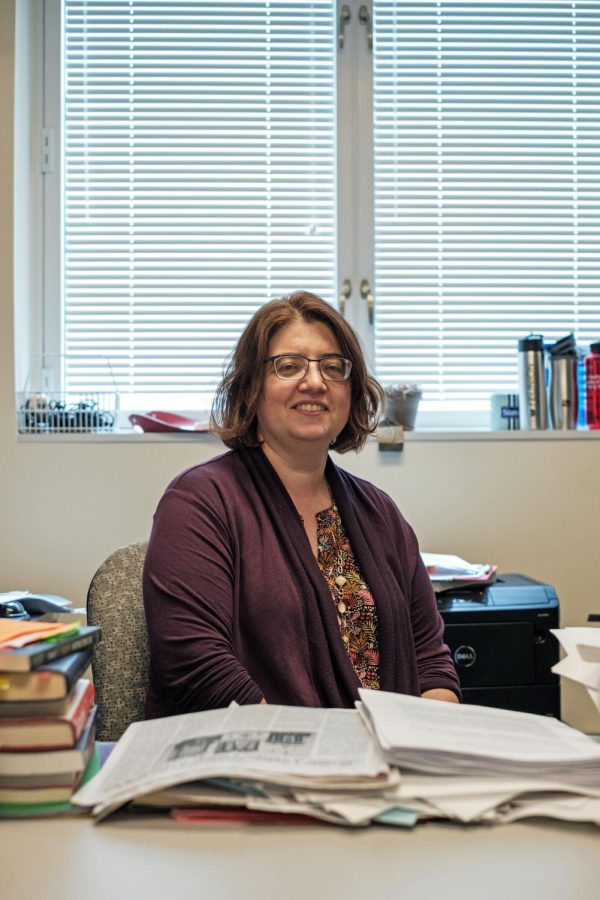Student Health and Wellness (SHAW) hosted a free sexually transmitted infection (STI) clinic on Wednesday, Feb. 16. This is not the first time the college has held an STI clinic; in past years the college provided free STI testing for students in an event called “Give a Cup, Get a Cup.”
In that event, students could show up without an appointment, give a urine sample for STI testing and receive a cup of ice cream in exchange.
Last semester the event did not occur. Many students stated that they were upset by the lack of testing, and not just because they were hoping for free ice cream.
“People are still having sex, and I think that people should still be tested,” said Anna Brew `22. “It can be really expensive and it’s difficult to get to the hospital. The fact is it was so nice that it was here because it was upstairs [on the second floor of the JRC] and you got ice cream and it was super easy. And I think more people get tested if it’s easy like that.”
Responding to student concerns, Alexis Steele, manager of SHAW operations, said that “in the past, we’ve partnered with Primary Health and Marshalltown, and they would come in and do the give a cup get a cup and that was chlamydia and gonorrhea. Those labs were sent to the state lab.” According to Steele, the state lab had become overrun with COVID testing that they are unable to do STI testing, which is why “Give A Cup, Get A Cup” did not happen last semester.
This year’s STI testing was conducted on Feb. 16. The event was publicized by Sexual Health and Information Center (SHIC) and SHAW and the available sign-up slots quickly filled on a first come, first serve basis.
“With Give a Cup, Get a Cup, we tested about 200 students. For this one, it’s only 33. But it’s also HIV, hepatitis, syphilis, including chlamydia and gonorrhea, just because there’s limited appointments because they’re bringing three staff members, so each nurse takes 30 minutes with each student to make sure they have plenty of time to get all those labs and things like that.”
The Johnson County nurses partnering with SHAW will handle any treatment and medication needs if any student receives a positive test result. And while testing will catch a wider range of possible STIs, many students say they are disappointed due to the low availability: only around 2 percent of Grinnellians were able to sign up for testing.
“This might be when people are beginning to be sexually active,” said Steele. “It’s your first time being away from home and so, starting that self-care and routine and making sure you’re healthy is a good life skill. I get tested once a year, I go for my checkup and even if I don’t have a new partner, I’m like, ‘let’s run the gamut.’ It’s just a good habit.”
On the medical side, Kasey Herbers, director of health services, said, “Early detection is so important and many STIs go unrecognized because you don’t have symptoms necessarily. Having as early of detection as possible can really help you not have some of the long-term consequences that these STIs can cause and also decreases the spread unknowingly to others. In smaller communities that usually means you have less options for partners, so there’s more likely overlap.”
Nazma Noray, SHIC student leader, added, “I think just college settings, no matter where you are, hookup culture is a thing. Even if you’re in a committed relationship, a lot of people here have open relationships, so because people have multiple sexual partners, I think it’s important that that option is available for asymptomatic or symptomatic people.”
SHIC and SHAW are hoping to be able to run another STI clinic in the spring that will be able to test more students, but that is all dependent on the state of COVID and labs ability to run tests, so in the meantime the college encourages students to get tested on their own.
“We can still give transportation and help students make appointments with providers in town if they want more testing, or have any questions,” said Steele.

















































